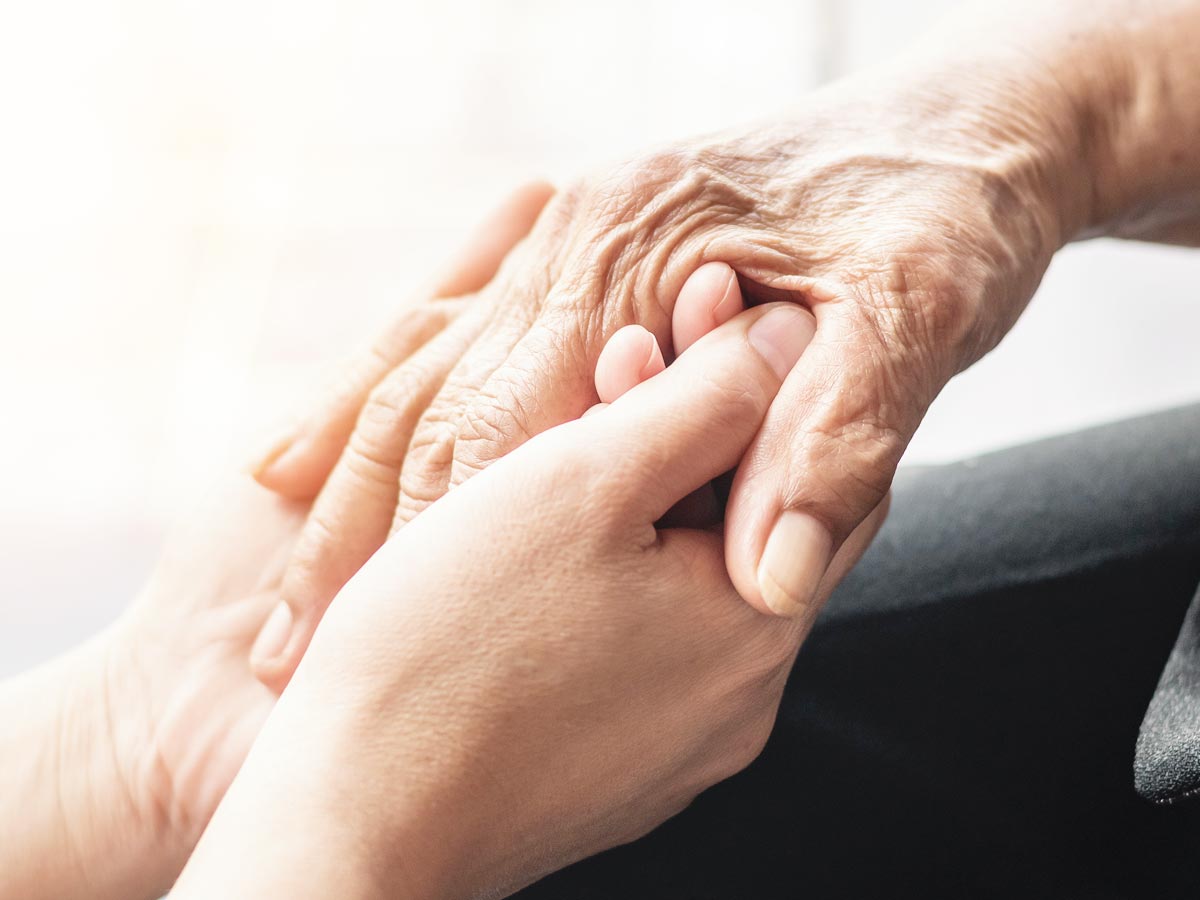As a family caregiver, doing some homework can pay off in terms of improving your well-being and that of the person you care for.
Educate and Coordinate
Educate yourself about your relative’s medical conditions, and share the information with him or her and other family members as appropriate, to ensure you have a common understanding.
Request a medication review by your relative’s primary physician or a geriatrician, to check for drug interactions. Determine whether your relative still needs all of their prescriptions.
Arrange for an experienced lawyer to assist your relative in assigning powers of attorney for personal care and property (finances) and preparing a will. Or review such documents if they were done some time ago, to determine if they need updating.
Self-Care Strategies
It is well known that self-care can improve caregivers’ effectiveness and longevity in their role. Book an appointment with your primary physician if you are overdue for a medical check-up or you’re experiencing physical or mental health issues.
Buy a piece of home fitness equipment, such as a treadmill, or get some workout DVDs so you can exercise without leaving home.
Do something that provides you with meaning and purpose outside of the caregiving role, such as scrapbooking or researching your family tree. It’s important to nurture your identity apart from your role as a caregiver. Revive an old pastime or try something new.
Use Hired Help
If it’s physically difficult for you to perform outdoor maintenance tasks, such as mowing the lawn, tending the garden, and raking leaves—or finding time is an issue—enlist the help of a reliable neighbor (consider hiring a teenager from the block) or contract with a reputable yard maintenance service.
If your relative can safely be left alone, but you are anxious about the prospect, supply them with a portable phone, and get yourself a cell phone, so you can stay in touch. An emergency response system may also help put your mind at ease.
Seek Respite Care
If your relative can’t be left alone, research respite services in your community, so you can arrange breaks from caregiving. It’s a win-win situation, because your relative will benefit from the added stimulation that comes from a visiting companion or meeting new people and trying Activities at a community program.
In-home options include respite provided by home healthcare agency staff, an individual hired under a private arrangement (most often located via word of mouth or newspaper classified advertising), and a trained volunteer (for example, from the Alzheimer’s Association).
Adult day care programs and residential care homes also have short-stay programs (so caregivers can plan a vacation). To learn about resources, contact your local office on aging or the non-profit organization associated with your relative’s disease.
Make Connections
Connect with other caregivers. Consider joining a community support group; some offer concurrent care. Information on caregiver groups can be obtained from community social workers and your local office on aging. Online caregiver message boards and chat rooms and electronic mailing lists or discussion forums are some at-home alternatives. MSN
Lisa M. Petsche is a medical social worker and a freelance writer specializing in boomer and senior health matters. She has personal experience with elder care.









